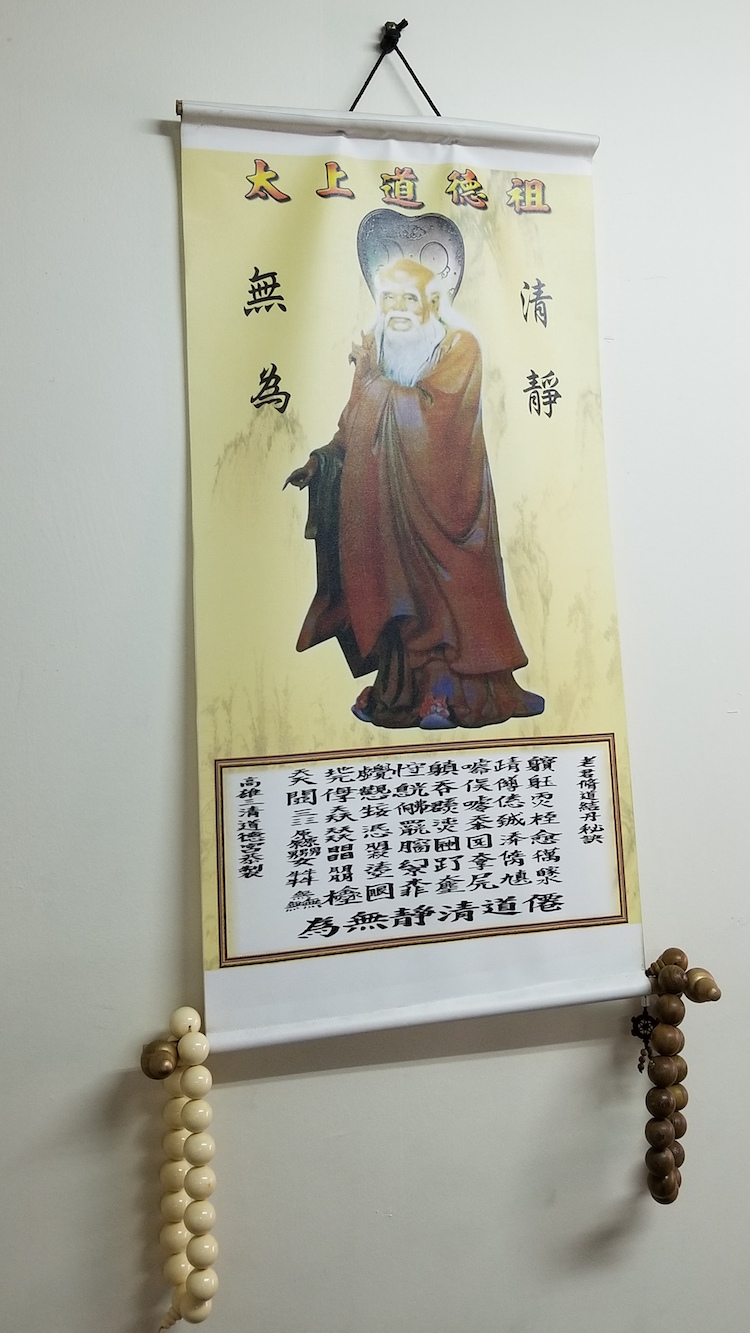Really weird sinographs
Scott Wilson has written an entertaining, and I dare say edifying, article on "W.T.F. Japan: Top 5 strangest kanji ever 【Weird Top Five】", SoraNews24 (10/6/16) — sorry I missed it when it first came out. Wilson refers to the "Top 5 strangest kanji", but he actually treats nearly three times that many. The reason he emphasizes "5" is so that he can stick with his theme of W.T.F., cf.:
Scott Wilson, "W.T.F. Japan: Top 5 most difficult kanji ever【Weird Top Five】", SoraNews24 (8/4/16)
Scott Wilson, "W.T.F. Japan: Top 5 kanji with the longest readings【Weird Top Five】", SoraNews24 (4/20/17)
Read the rest of this entry »






